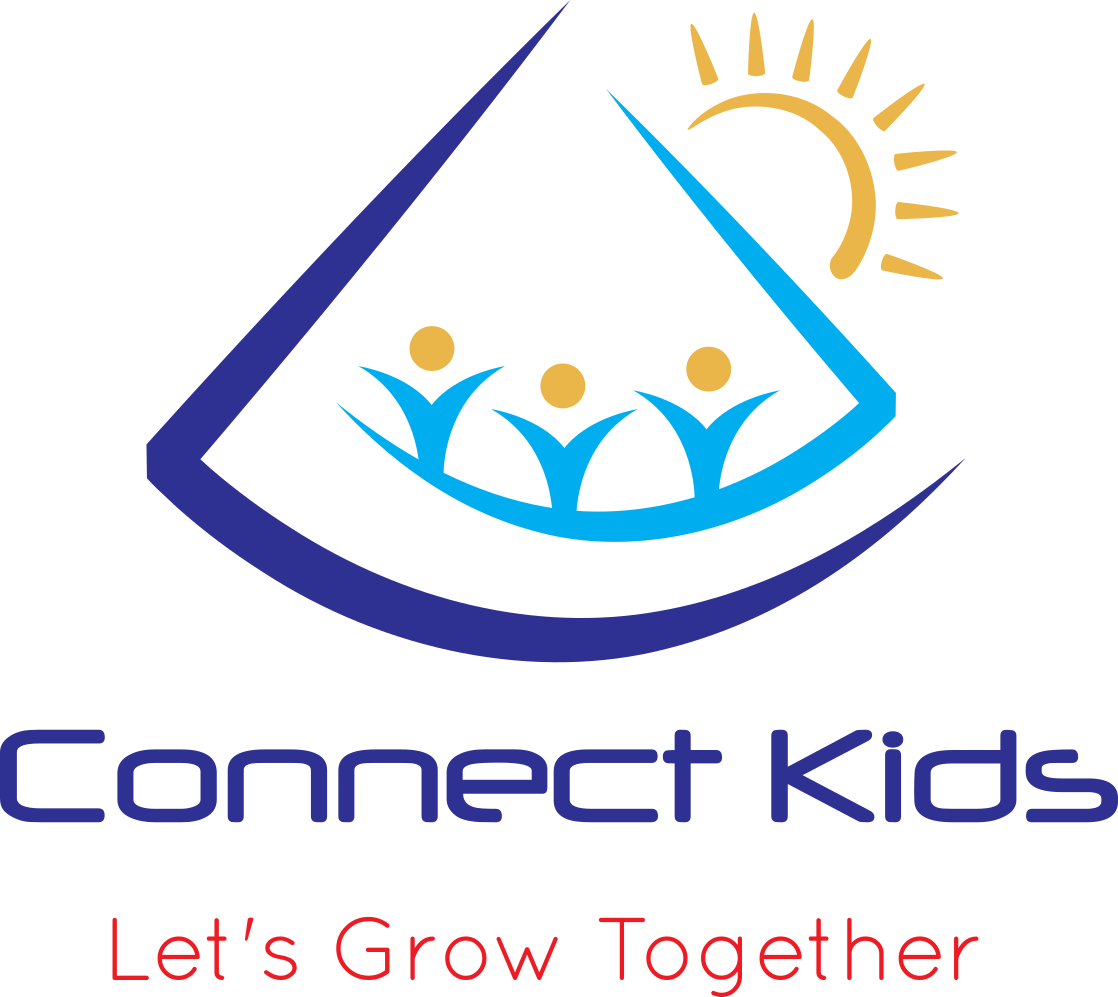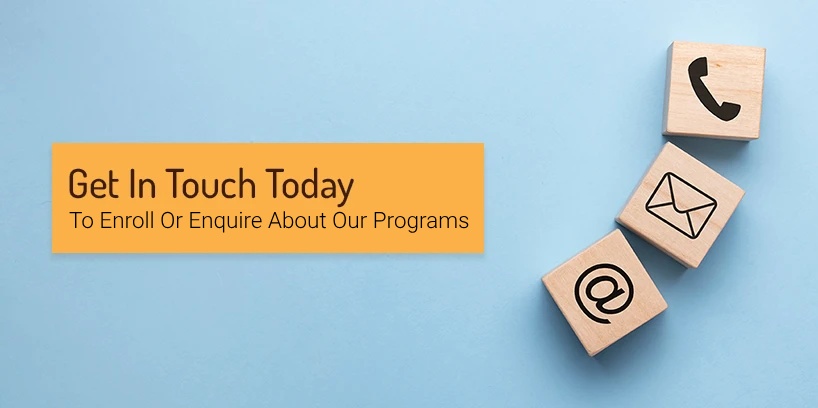At Connect Kids Kindergarten, how we see children forms the basis for all of the key areas of our philosophy. This equates to each child being treated as an individual and being encouraged and supported to learn at his/her own pace in a way suited to their own needs and background. It helps us envision and understand the child as an early learner and a contributor to their world.
1. Our beliefs of children are that:
- Each child is unique, and their life tells a story. This story is impacted by their relationships, the role of their family in their life, their culture, the physical environment in which they live, their experiences and their individual personality. All of these components, along with the skills and knowledge that they have accumulated since birth, contribute to a child’s learning disposition.
- Every child learns and does so in their own unique way and in their own time.
- Children construct their own knowledge. A child’s natural curiosity enables them to actively learn from their peers, from adults and from their environment while exploring their particular interests.
- All children are limitless in their capacity to succeed, and all successes need to be embraced.
- Children learn best when they are comfortable, happy and engaged.
- Children have the right to learn about their own culture and that of our First Nations People; especially the Wurundjeri People
- All children have the right to participate in a happy, secure learning environment facilitated by nurturing, qualified, competent, dedicated, passionate and compassionate adults.
- All children are safe in the service using child safe standards in practice.
2. Cultural Environment
The cultural environment of Connect Kids Kindergarten is extremely important to us and one which enables all who enter to feel welcomed and accepted and free to be themselves. We have a strong culture of courtesy and respect which has positive effects on the overall program.
We promote and maintain a positive culture and environment by:
- providing a safe, warm, nurturing, happy and stimulating environment in which children can thrive, learn and grow and families, volunteers, students and visitors feel welcomed.
- embracing a culture of kindness, empathy, gratitude and wellbeing – this determines everything we do – including be a registered ‘Be You’ service.
- respecting the rights of the child and each individual at the service
- encouraging non-sexist, non-racist and non-violent attitudes
- embracing and recognising our Indigenous heritage along with personal cultural heritage
- treating all as equals and as individuals, with respect regardless of race, sex, age or religion
- being positive and looking on the bright side - “If you look the right way, you can see that the whole world is a garden.” (Frances Hodgson Burnett, ‘The Secret Garden’)
- employing likeminded professionals who are passionate and dedicated with the goal of always achieving the highest standards in all that they do.
3. Educational Program:
Our educational program has clear and explicit outcomes and goals that are authentic and responsive to the children’s collective and individual needs. The goals, whilst coming from the children’s needs, are based on our experience and beliefs on how children learn best along with current best evidence-based practice.
We are a Resilience Project, Grow Your Mind and Second Step preschool.
Our learning program is based on a strong wellbeing and resilience component and is aligned with the philosophies of:
The Resilience Project: https://theresilienceproject.com.au/
Grow Your Mind https://growyourmind.life/ and
Second Step: https://www.secondstep.org/ .
These programs, as well as looking at the individual needs of each child, assist us in formulating our learning outcomes for our SEAM / GEMS program – SEAM stands for Social, Emotional And Mindfulness, and GEMS stands for Gratitude, Empathy, Mindfulness and Social Skills.
Our overriding educational program’s learning outcomes are to:
- State clear and explicit learning intentions, that are made transparent to the children.
- Provide programs that support children to achieve a range of learning outcomes, as defined by The Early Years Learning Framework for Australia – and we acknowledge that children’s lives are characterised by ‘belonging, being and becoming’ – and the Victorian Early Years Learning Development Framework
- Take into account the changing world in which we live where mindfulness, resilience and wellbeing are essential to one’s everyday lifestyle, now and into the future. This belief instils the importance of children participating in an explicit and structured ‘Wellbeing, Social Skills and Resilience Program’ and imparting these skills to families, too. It is our aim, that these skills will have positive and long-lasting effects. This is a very important part of our overall program.
- Acknowledge that children are social beings with the need to learn through socialisation. This involves explicit social instruction and guidance to help them become a successful and social being. This means participating in our explicit social skills / social thinking program: ‘We Thinkers’ / ’The Incredible Flexible You’, The Resilience Project and ‘Second Step’ programs take into account that skills such as kindness and empathy are positive attributes for all to learn and help foster and extend on the skills taught in our SEAM/GEMSIN program. Kindness and empathy are taught explicitly in our program
- Offer children opportunities to learn about our First Nations People, and especially our local Wurundjeri People. We aim for children to learn aspects and history of this rich culture, whilst supporting their discoveries of their own culture
- Encourage social interaction where language support, and scaffolding from adults are central in forming the child’s mind. Children’s development of both receptive and expressive language is integral to all development particularly intellectual functioning and later literacy. Connect Kids Kindergarten will cater for all areas of the child’s learning; particularly oral language and literacy development where we follow a strong oral based program along with Little Learners Love Literacy: http://littlelearnersloveliteracy.com.au/
- Support that some level of language development occurs naturally by children experiencing a language-rich environment and that fuller development of children’s language capacities requires targeted teaching and encouragement of children’s verbal expression
- Understand that developing a child’s intercultural knowledge is an important tool in developing empathy and kindness. We are committed to this by teaching a second language. Our Japanese LOTE program (mostly funded by the Department of Education), develops intercultural knowledge as well as children’s language awareness, ability to communicate in another language and is aligned with the research that states that …’learning another language improves children’s overall literacy and understanding of how language generally works’ (Department of Education, 2019) https://www.education.vic.gov.au/Documents/about/programs/eclanguageprogrambrochure2020.pdf
- Provide programmes that reflect accurately the different cultures represented in the Program.
- Take into account children who are in their second year of four-year-old kinder and who would benefit from a little more structure and challenges than a regular four-year-old kinder program
- Be flexible to meet the needs and interests of the children and families in the Program.
- Acknowledge children as active and competent learners!
- Provide rich environments where children are able to explore, touch, manipulate and experiment with a variety of real life and diverse materials and where children can ask questions, make hypothesis and develop their thinking. This will also mean providing open ended and science, technology, engineering and maths (S.T.E.M.) experiences.
- Encourage sustainability knowledge and practices, knowing that this can have a long-lasting positive impact on our planet. This will also encompass Indigenous Culture as they were leaders in sustainable practices and being guided by their environment.
- Offer children opportunities to actively explore, to work independently and with others, to make decisions and follow through with their ideas, to solve problems, to engage in real activities and to experience co-operative, symbolic, dramatic, or pretend play. These components form a strong part of our play-based learning that is our Very Important Play (V.I.P.) Fun Friday and Explore Time play based programs.
- Demonstrate that we believe that children learn through exploration and socialisation and that each new experience is another step in the learning process.
4. Role Of The Educator:
The educator plays a vital role in the child’s learning and in the delivery of the service’s culture. Whilst we employ qualified, dedicated and passionate educators, their input and demeanour have the ability to change the culture in our work environment.
As staff members, we have the ability to create the following positive effects on the service:
- Establish a positive and nurturing relationships with each child, which enhances and enriches the child’s learning and development.
- Build children’s confidence, sense of well-being and security, and their motivation to engage actively in learning with others.
- Ensure that the interests, abilities and family culture of each child are understood and valued.
- Commit to having high expectations for every child’s learning.
- Be a leader in best sustainability practices, which sets a good example for children as well as having a direct and positive impact on the environment.
- Enable hands-on real-life experiences to experience sustainability practices e.g., through cooking and gardening via our Stephanie Alexander Kitchen Garden Program
- Ensure that every child experiences [their own] success and is motivated to accept new challenges to learn and grow by
- Understand that children require different opportunities, spaces, and specific supports in order to learn effectively and to thrive.
- Believe in the importance of, and our ability to work as a team, with a shared vision.
- Believe in reflective practice that allows for critical evaluation which leads to continued improvement of all that we do. This continual review and evaluation will inform ongoing improvement.
- Embrace professional learning and skill development and believe in fostering the growth and development of staff by providing opportunities for training, networking, and through the availability of resources and encouragement.
- Encourage a strong culture of professional inquiry and professional collaboration.
- Believe in using sound evidence to inform planning for children’s progress in learning and development.
- Apply the best evidence-based practices to advance children’s learning and development.
- Are not afraid to challenge and change some existing practices to incorporate new understandings that would lead to better outcomes.
- Model a positive, pleasant, and professional demeanour understanding that this uplifting attitude will allow children and colleagues to feel more at ease and have far reaching positive outcomes in all areas of the Program. We also understand that this positive workplace culture will produce beneficial staff and work outcomes.
- Show respect for others and that this collective purpose is likely to advance the agreed outcomes for children’s learning and development.
- Commit to the highest standards in all aspects of, and roles and responsibilities at Connect Kids Kindergarten.
5. Role Of The Family:
Connect Kids Kindergarten strongly acknowledges, recognises and respects the importance that families play in the care and education of their child. We also believe that children learn best, and it is best for their wellbeing, if families are also connected to the education and care service.
Connect Kids Kindergarten intends on nurturing and encouraging this partnership by:
- Creating a welcoming and inclusive environment where all families are encouraged to participate in and contribute to experiences that enhance children’s learning and development across all aspects of the Program.
- Acknowledging and respecting differing child rearing practices in a non-judgemental way
- Encouraging the participation of parents in their children’s learning as it improves children’s motivation and promotes a sense of partnership in the learning process.
- Recognising the family’s critical importance in their child’s life
- Recognising that families are the primary influence on children’s learning and development.
- Understand that families have a long-standing relationship with and unique perspective on their child. This includes valuable information about their child’s strengths, abilities, interests and challenges. We will listen to each family’s understanding, priorities and perspectives about their child with genuine interest to inform shared decision-making with an overall goal to promote their child’s learning and development.
- Recognising that it is of vital importance to establish and strengthen partnerships with families and that this may include partnerships with extended family members, and it is in the child’s best interests for there to be effective, sustained, collaborative partnerships between families and all professionals.
- Supporting families through wellbeing. We are a Be You and a The Resilience Project community that enables us to provide wellbeing support for families through this tailored initiative. https://beyou.edu.au/
- Actively engaging families in planning for ongoing learning and development in the service and at home.
6. Role Of The Community:
Connect Kids Kindergarten recognises that the child’s connection to their local community is central to child’s wellbeing and that children learn best when they are connected with and contribute to their world (local community). The local community also has a lot to offer the child in return.
Connect Kids Kindergarten develops connections with the local community by:
- Inviting local community groups to the pre-prep centre (e.g., Edendale Farm, RSL) as part of our educational learning program.
- Acknowledging the support for cultural diversity that the local community offers. Family and community are valuable sources of cultural knowledge and skills for all early childhood professionals in developing cultural competence.
- Offering support to families by the use of local community resources e.g., Maternal Health Nurse, Eltham Health Ability, etc.
- Respecting the local community spaces as part of our educational learning program e.g., Were St shops, Petrie Park playground, Eltham Library, Rattray Road Reserve (for our Bush Kinder program) and to encourage children to participate positively: demonstrating positive community spirit and enthusiasm.
- Looking at local physical environments and discussing/assisting with their preservation.
- Using our Stephanie Alexander Kitchen Garden program as a resource for community development.




